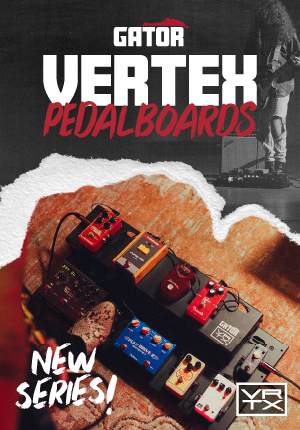Even before the coronavirus crisis upended the supply chain and ran brick-and-mortar sales into the ground, I wondered to myself why MI hadn’t embraced the subscription model. We all use digital subscription giants like Netflix, Spotify and Amazon Prime, and now subscriptions are starting to creep into other spheres we once thought were sacred to the local retailer like food and wine, shaving products and clothing. They are delivered at whatever interval and budget you choose. Even your local barber and car wash now offer monthly subscriptions. Why? It exposes the consumer to new products and services and causes them to buy more frequently, which creates a dependable income stream for the provider.
As far as I can remember, retailers have reacted to customers walking through the door, calling on the phone or placing something in their shopping cart online. But reaction isn’t good enough in today’s marketplace, particularly in the face of a global pandemic, and successful businesses are figuring out how to predict customers’ needs while presenting them in the most convenient way possible, which currently is your phone or your doorstep.
Reaction isn’t good enough in today’s marketplace, particularly in the face of a global pandemic.
In today’s reactive retail model, you may see your customer monthly, yearly or never again, and that volatility can be disastrous. For small retailers, the difference between a $500 day of accessory sales and a $5,000 day with a couple big instrument sales makes your future very uncertain.
Consumers today make purchases whenever they have the desire to do so, whether they’re in a store or online, at home or at work, on any device they see fit. That makes creating customers for life nearly impossible, and today’s shoppers often forget who they’ve purchased from.
Enter the subscription economy. When I signed up for a fashion subscription called Stitch Fix, it had a questionnaire that asked about everything from age and profession to annual clothing budget and musical tastes. It asked whether I have kids and how much I would be willing to spend on shoes, a jacket or T-shirt, as well as questions about outfits I could see myself wearing – or not. I have to admit [its] algorithm did a pretty spot-on job. A music retailer can do the same by not only qualifying their customer with questions about current gear and favorite bands, but also about favorite concerts, purchases, playing goals, openness to change, shopping frequency, perception of value and budget.
For the retailer, this can create an income stream of $99, $149 or $399 per month, quarter, half-year or whatever tier the customer chooses. If you have any of these subscription services then you already know they contact you frequently with specials and add-ons, while giving you an incentive to keep the entire shipment. It keeps your business front-of-mind for when they do go big with a purchase.
For the manufacturer, this can provide a conduit to the consumer to test market gear, blow out overstock, evaluate prototypes and bundle in a way that creatively bypasses the minimum-advertised-price police. If the supplier has an innovative product, be it a pedal, module, stand or teaching method, it gets it in front of consumers before they even know what it is or whether they want it.
The biggest obstacles to our industry are oversupply, shrinking margins, ineffectiveness of MAP, difficulty in attracting new players and quite honestly that shopping for musical gear and taking lessons can be intimidating and inconvenient. The subscription service offers a bite-sized solution, with products vetted and recommended by industry professionals. The coronavirus shutdown has already trained consumers and suppliers alike to predict needs and try new things. It’s time for MI to join in on the fun. MI
Brad Boynton is the owner of Rhythm Traders Drum Shop in Portland, Oregon.












